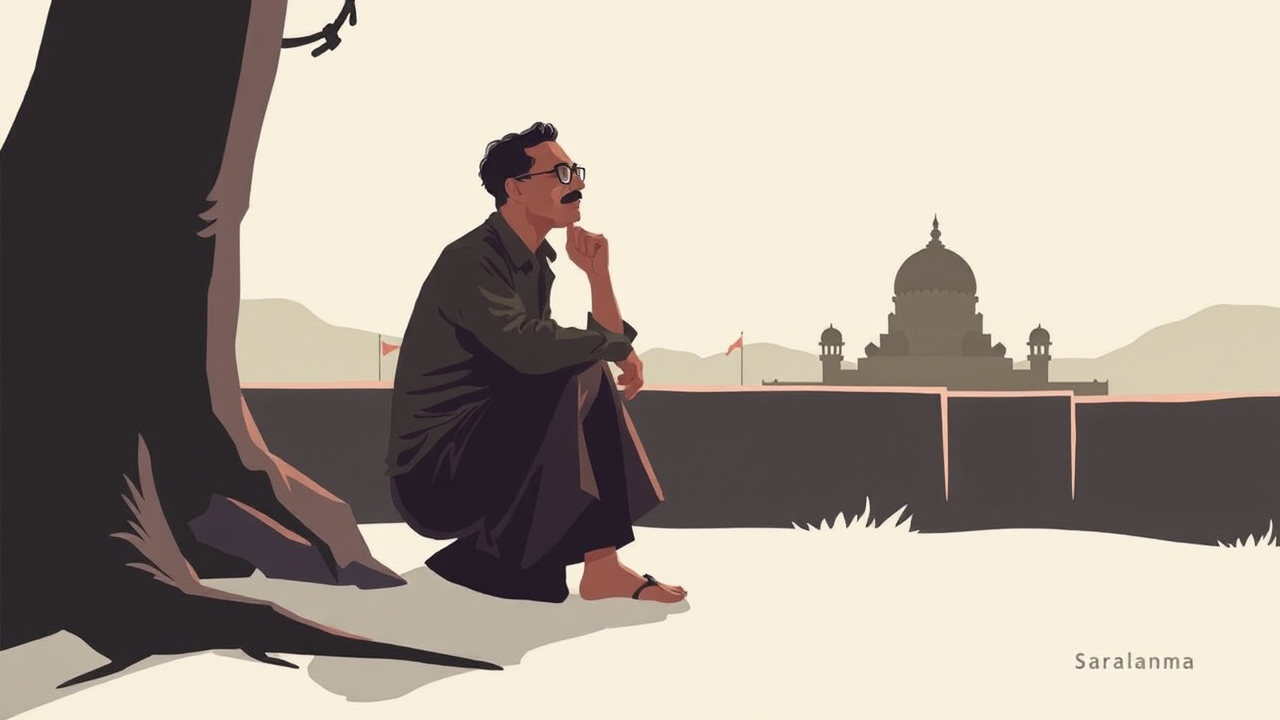Ritwik Ghatak, who completed his last film in 1974 and passed away in 1976, remains a towering figure in Indian cinema. His eight full-length films explored homelessness, identity, and the search for dignity—themes as urgent today as in his time. From displaced families in post-Partition India to climate-affected river communities, his narratives resonate with contemporary crises: the Rohingya exodus, the Gaza conflict, and forced migrations worldwide. In 2025, marking his birth centenary, events across West Bengal and India celebrate his legacy. His work, once sidelined, is now studied globally, with restored prints sparking fresh academic interest. Film-makers and historians describe him as perhaps India's greatest director, whose genius transformed melodrama into profound art. Though considered 'superfluous' during his lifetime, Ghatak's unflinching exploration of the human condition ensures his enduring relevance in a world still fractured by displacement, greed, and the quest for home.

Themes That Echo Across Decades
Ghatak's cinema obsessed over identity, home, and nation—threads connecting all his work. His debut, Nagarik (1952), depicted a Partition-displaced family's struggle in Calcutta. The Partition Trilogy—Meghe Dhaka Tara (1960), Komal Gandhar (1961), and Subarnarekha (1963)—chronicled displaced people seeking their place. Titas Ekti Nodir Naam (1973) addressed climate change destroying a riverside tribe, remarkably prescient for the early 1970s. His final film, Jukti, Tokko aar Goppo (1974), offered an autobiographical worldview. Dark yet hopeful, his narratives about real people facing real struggles mirror today's global crises—refugees, Gaza, Syria—proving the human condition unchanged, making his films perpetually relevant.
Recognition and Centenary Celebrations
Film historian Sanjay Mukhopadhyay has travelled across West Bengal's towns and villages throughout 2025, speaking at centenary events held almost daily leading to November 4. Collaborating with film-maker Goutam Ghose on an essay collection, the celebrations extend nationwide. In 2019, controversy arose when BJP's West Bengal youth wing used his film clips for campaigns, sparking family protests. His ancestral Rajshahi home's demolition during the 2024 Bangladesh unrest made headlines. Once an 'undesirable drunk', sidelined by contemporaries perhaps fearful of his genius, Ghatak's originality—transforming melodrama into high art—now commands global attention. Film-makers like Adoor Gopalakrishnan and Jahnu Barua emphasize his mastery, with restored prints fueling dissertations and discussions fifty years after his death.
Source: Link
